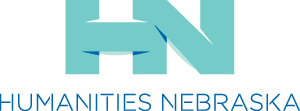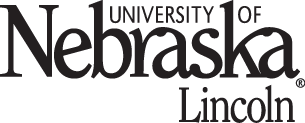Pedagogy
The content in the Nebraska Stories of Humanity focuses on Digital Holocaust Memory. By utilizing technology, archival collections, and personal stories, the site is intended to engage the user in the discovery of Holocaust memory and enhance the teaching of historical events through searchable primary resources. Our local stories have transnational implications as those who experienced the war arrived from diverse homelands or hailed from different regions of our state. Rebuilding their lives after the war, they contributed in numerous ways to their new communities.
As the website collection develops, we are building pedagogical frameworks with educators and researchers for a variety of classroom levels. Guidelines for Teaching the Holocaust and Nebraska Stories of Humanity-Teaching Inquiries for Middle and High School levels can be found in the Lesson Suggestions section. Educational methodologies used in the lessons provide meaningful discovery grounded in historical information that enhances Holocaust memory and narrative.
Acknowledging that teaching Holocaust and other genocide content is recognized in the highest levels of our nation and state through local and national legislation, the Nebraska Stories of Humanity materials and lessons can become integrated into the classroom in response to these efforts.
See: 116th U.S. Congress "Public Law 116-141" titled Never Again Educational Act May 29, 2020
See: Nebraska Revised Statute 79-760.01 April 10, 2022
Educators can also refer to Nebraska Educational Standards for Social Studies and English Language Arts:
Nebraska Standards for English Language Arts
Nebraska Social Studies Standards
Nebraska Social Studies Standards - short guide.pdf
This Short Guide provides suggested standards that apply to Holocaust and Genocide Studies.
Formal Higher Educational frameworks are in process and will be available on the website soon. Research project inquiries and questions can be addressed by contacting Beth Dotan at bdotan2 [at] unl.edu.







